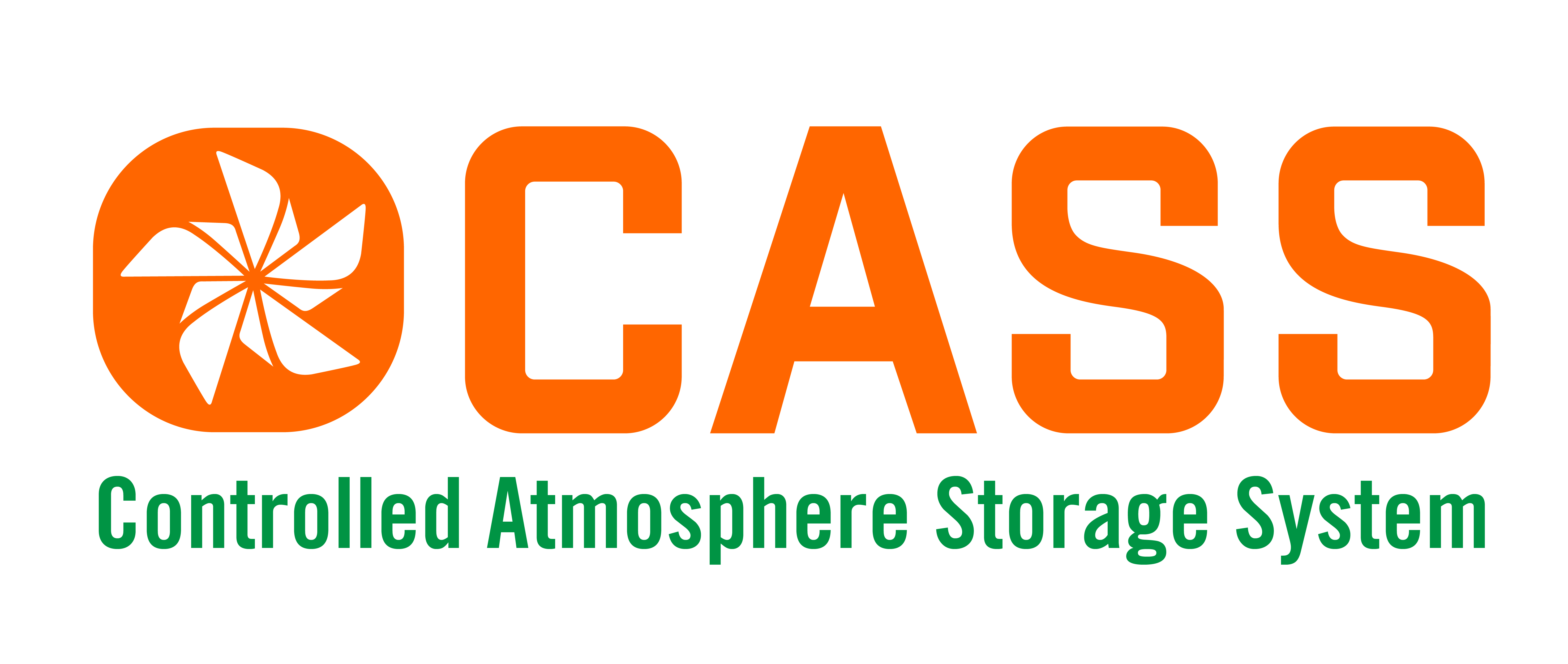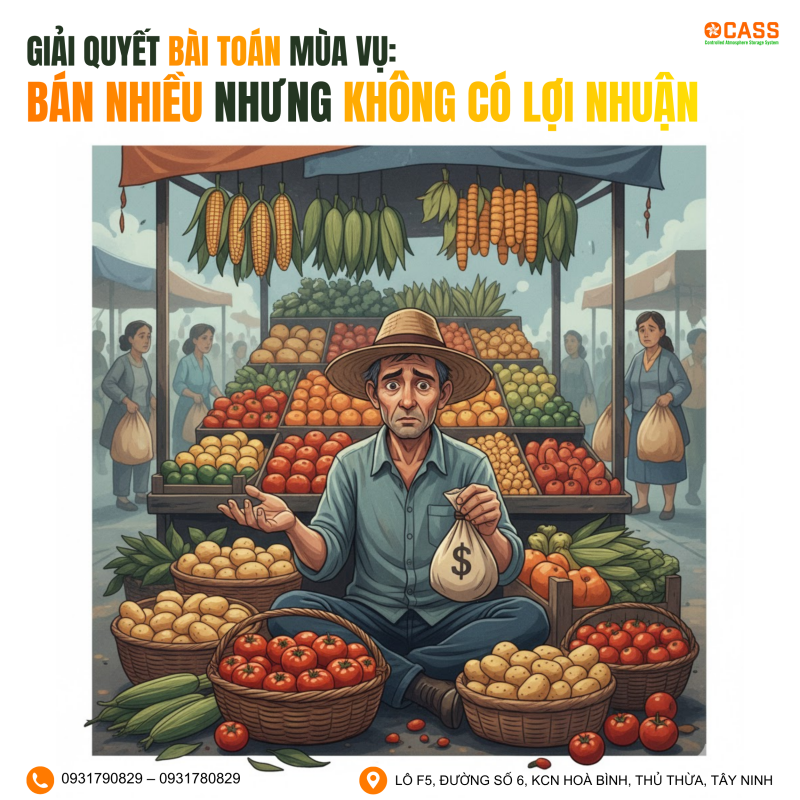1. The Seasonal Trap: High Volume, Low Profit
Vietnam’s agricultural sector is heavily seasonal. During peak harvest periods, supply rises sharply and market prices fall. Out of season, demand increases but supply is no longer available.
Consequences:
- Businesses remain dependent on seasonal market cycles.
- High exposure to price suppression from traders and wholesalers.
- Profit is concentrated in a short timeframe, increasing volatility.
- Rapid deterioration causes significant product loss and inconsistent quality.
According to FAO (2023), post-harvest losses in Vietnam range from 15–25%, depending on the commodity.
This means 1 in every 4 boxes of produce loses value before reaching the market.
2. Sales Cycle Definition and Strategic Importance
The Sales Cycle Window refers to the period during which agricultural products retain their marketable quality and premium pricing capability.
- When the sales cycle is short, enterprises are forced to sell immediately → price pressure rises.
- When the sales cycle is extended, enterprises can:
- Sell strategically during high-price periods.
- Accumulate consistent quality for export.
- Maintain stable supply year-round.
- Sign long-term contracts with foreign importers.
Extending the sales cycle is equivalent to extending profitability.
3. How CASS Extends the Sales Window
CASS = Controlled Atmosphere Smart System
This technology regulates:
- O₂ / CO₂ / N₂ balances
- Humidity and temperature
- Respiration rate and enzymatic aging processes
CASS uses IoT sensors and AI prediction models to maintain optimal conditions for each type of produce.
Performance Comparison
| Commodity | Standard Cold Storage | CASS Storage | Sales Cycle Extension |
|---|---|---|---|
| Mango / Durian | 7–14 days | 30–45 days | 3× longer |
| Lychee | 5–7 days | 25–30 days | 4–5× longer |
| Apple / Pear / Kiwi | 1–2 months | 8–10 months | 5–7× longer |
When the selling window expands → businesses can sell during higher price periods → profit increases substantially.
4. Economic Impact and Profit Gain
Example: Mango for export to Japan / Korea
- Seasonal price: $0.70–0.90/kg
- Off-season / market shortage price: $1.50–1.80/kg
With CASS, enterprises can store and sell later at the higher price bracket.
Profit improvement can reach 45–60% simply by choosing the right timing to sell.
Additionally:
- Post-harvest loss decreases from 15–20% to 3–5%.
- Higher export-grade consistency due to uniform ripeness and firmness.
- Superior color, aroma retention, and texture → improved brand value.
5. Competitive Advantages That Are Hard to Replicate
| Strategic Capability Enabled by CASS | Market Meaning |
|---|---|
| Hold inventory for longer periods without quality loss | Ability to avoid price suppression |
| Consistent, uniform-grade product availability | Ability to sign long-term export contracts |
| Stable supply across all seasons | Shift from seasonal seller to continuous brand |
| Data-driven quality control | Strengthens trust with importers and buyers |
CASS transforms storage from a cost center into a strategic business advantage.
6. Conclusion
In modern agribusiness, the ability to control post-harvest quality and timing of sales is just as important as cultivation capacity.
The enterprise that controls when it sells is the enterprise that controls profit.
And CASS is the technology that makes this possible.
Extending the sales cycle = Extending the profit life of the product.




